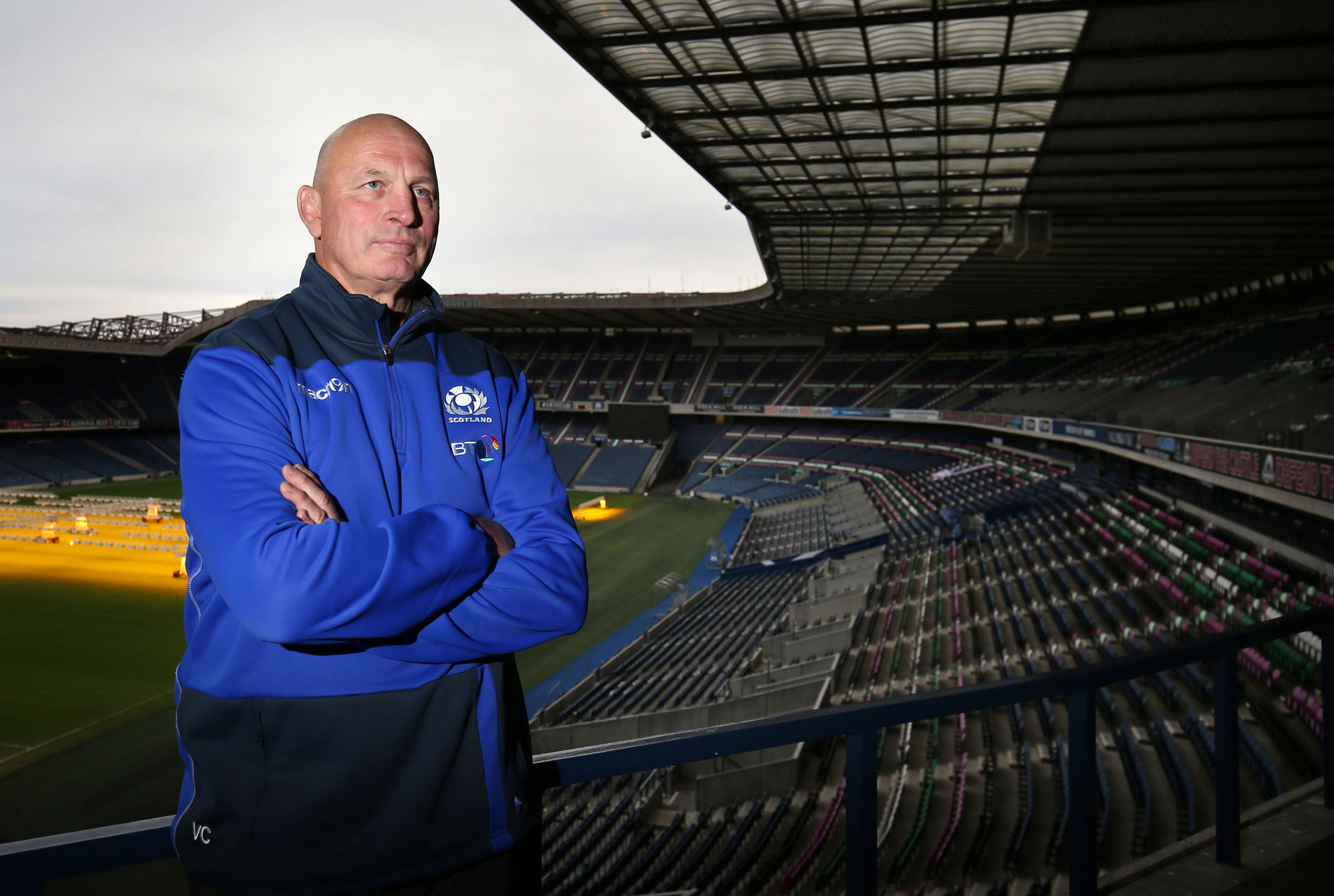After a reasonably successful 2016, most Scotland fans would have been thinking three Six Nations wins in 2017 marked a reasonable further advance on the national team’s steady growth.
Three wins would also mean Vern Cotter finished his tenure as head coach as the most successful of the professional era, indeed the only one with a positive record in that spell.
But seasoned observers of Scotland in that spell know that a period of marginal progress had usually resulted in a spell of regression, the two steps forward, three steps back dance that has plagued Scotland since 1995.
Last season’s progress was built on an improved scrummage that won penalties at set plays and provided a solid platform to free the likes of Finn Russell and Stuart Hogg for attacking rugby.
Scotland lost cornerstones Alastair Dickinson and WP Nel for the autumn but just about managed, although the scrum wobbled on occasion and buckled completely against Georgia.
There’s not a weak scrummaging team in the Six Nations, and with the cornerstones likely to be still missing the other nations will all target Scotland there. Allan Dell and Zander Fagerson have grown even since their November displays, but they’ll need to grow again.
Some feel that the bonus point and the new high tackle rules will open out this Six Nations, and Cotter thinks it will be a very different championship. But the conservatism of the game’s oldest tournament is deeply entrenched and if more attacking rugby does happen, you wouldn’t really expect to see it until games are decisively won or later in the championship.
Scotland have Ireland first up, and away from home the Irish will almost certainly play the aerial, defensive game we saw Munster stifle Glasgow with last Friday. Bonus points can wait until they feel they need them.
A setpiece that can pressure the opposition is still essential, and Scotland have to hope they still have one in reserve.

